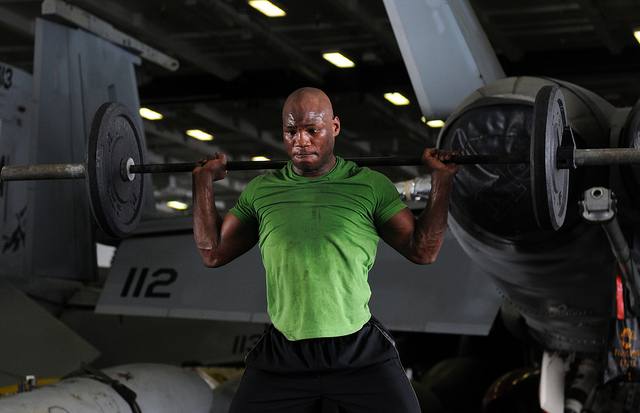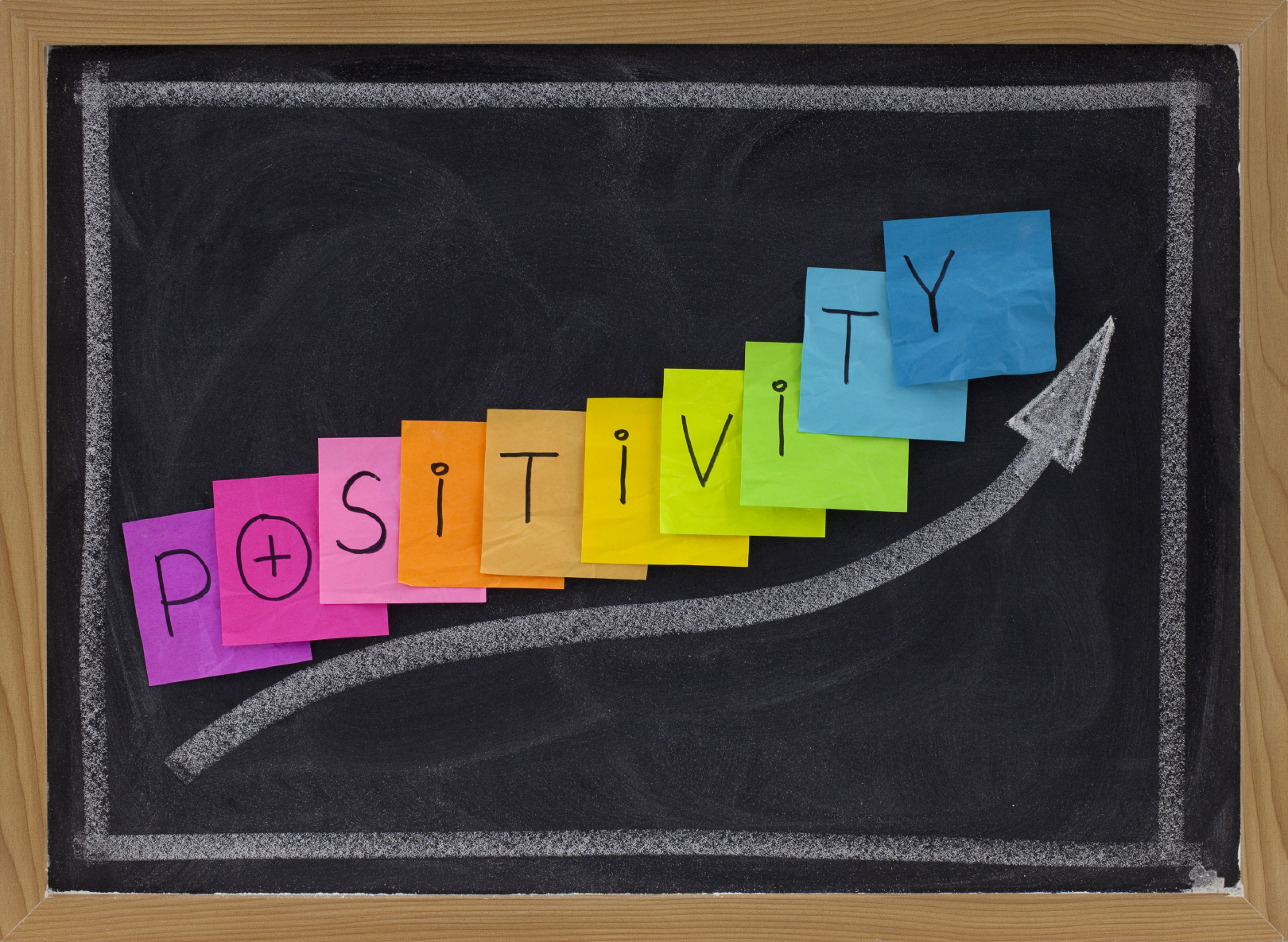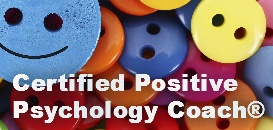Positive Psychology Coaching: When Is a Strength Really a Weakness?


Here's an example: I have a relative who is highly productive, organized and fast. I have another relative, who is a mental-health professional, who says this is obsessive compulsive behavior. Really? She is flourishing, so I'd say what she has is showing up as a strength, not a weakness. According to the Clifton Strengths Finder, she's a strong Activator, someone who, once she's decided what to do, gets it done fast. According to Clifton, I'm a strong Strategizer and should work with Activators. When I collaborate with my Activator relative, I suggest things we should consider and we decide what to do about them. Then, while I'm thinking about adding them to my to-do list, she gets them done. For me, this is a little like having a magic genie.
- A strength can get you into trouble and still be a strength, but if it causes more trouble than it solves, it's mostly a weakness.
- If you have a rigid need to use a strength, even in inappropriate situations, it has become a weakness.
- If you can negotiate and modulate a strength as needed, it's not a weakness.
- As your life changes, you may develop new strengths you didn't know you had.
- If you over-rely on your strengths, you may never develop some and that could be a weakness.
- If you work alone and expect your strengths to pull you through every situation, you'll likely fail in areas where you're weak. Outsource to someone else's strengths.
- Your idea of strength may be someone else's idea of illness. Focus on flourishing and ignore the the judgers.



